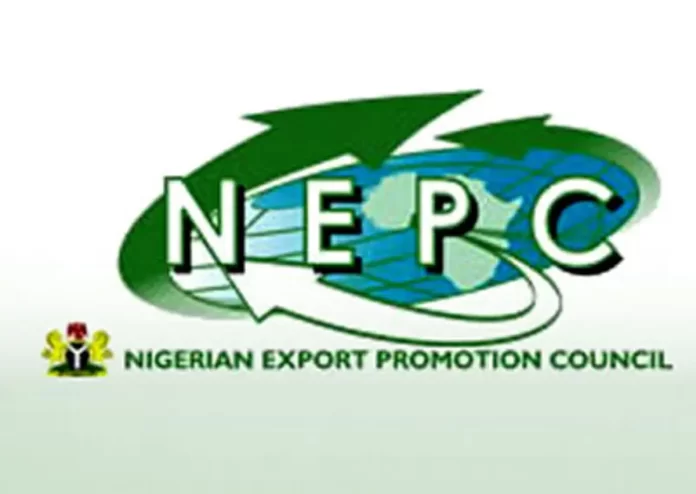The Nigerian Export Promotion Council has urged Nigerian exporters, especially small and medium enterprises, to tap into the over $3 trillion market potential offered by the African Continental Free Trade Area, describing it as a golden opportunity for economic expansion and diversification.
Speaking at a workshop organised by NEPC’s South West Zone themed ‘Positioning SME Exporters to Benefit from the African Continental Free Trade Area Agreement’, the Executive Director of NEPC, Mrs. Nonye Ayeni, emphasized the Council’s commitment to equipping new entrants in the export sector with the necessary skills and knowledge.
The workshop, held on Wednesday, was designed to onboard fresh exporters in line with global economic shifts.
Ayeni, represented by the acting Regional Coordinator of NEPC’s South West office, Mrs. Bolanle Emmanuel, noted that the Council is prepared to support new exporters with technical training, professional assistance, and access to export communities, while ensuring business data security and market expansion.
“With the recent developments in the world economic order, since President Trump’s administration, there is a greater need for Nigeria to diversify its export market towards the African market worth over $3trn.”
“The Council, as well as our exporters, have great tasks ahead. This technical session today is therefore a step in the right direction to sensitise our SMEs on the inherent potential therein,” she stated.
She further encouraged prospective exporters to use such workshops to formalize their export activities within the African market and tap into NEPC initiatives including Export Incentives, Export Market Access Programs, the Export Trade House initiative, Domestic Export Warehouse, and the Council’s flagship programmes.
“The future of Nigerian and African trade is in our hands, and it is up to us to ensure that this future is one of shared prosperity, innovation, and sustainable growth.”
“The Nigerian Export Promotion Council is willing to partner and support export promotion at the sub-national level and act as a catalyst, strengthening exports for economic growth and job creation,” Ayeni added.
In a related contribution, Managing Director of Talion Group and a participant at the event, Oluwadare Talabi, stressed the importance of enhancing indigenous participation in Nigeria’s export industry.
Talabi expressed concern over the dominance of foreign players in the sector, stating, “We are not the only ones exporting most of the products we export to the global market. Inflation has made our products uncompetitive. We need to find a way of bringing the cost of export products down.
“Price should be reduced on the product side and the regulatory side, with low-cost funding. Regulators should reduce added cost to exporters, improve logistics, and checkmate the activities of foreigners.”
“Most of the exports are done by foreigners: Indians, Lebanese, and Chinese. They have access to low-cost funding, jack up the price of commodities, thereby pushing indigenous players out of business.”
He advocated the adoption of a local content policy similar to what is applied in the oil and gas industry, which, according to him, would greatly enhance Nigerian participation in exportation and help retain economic value within the country.

